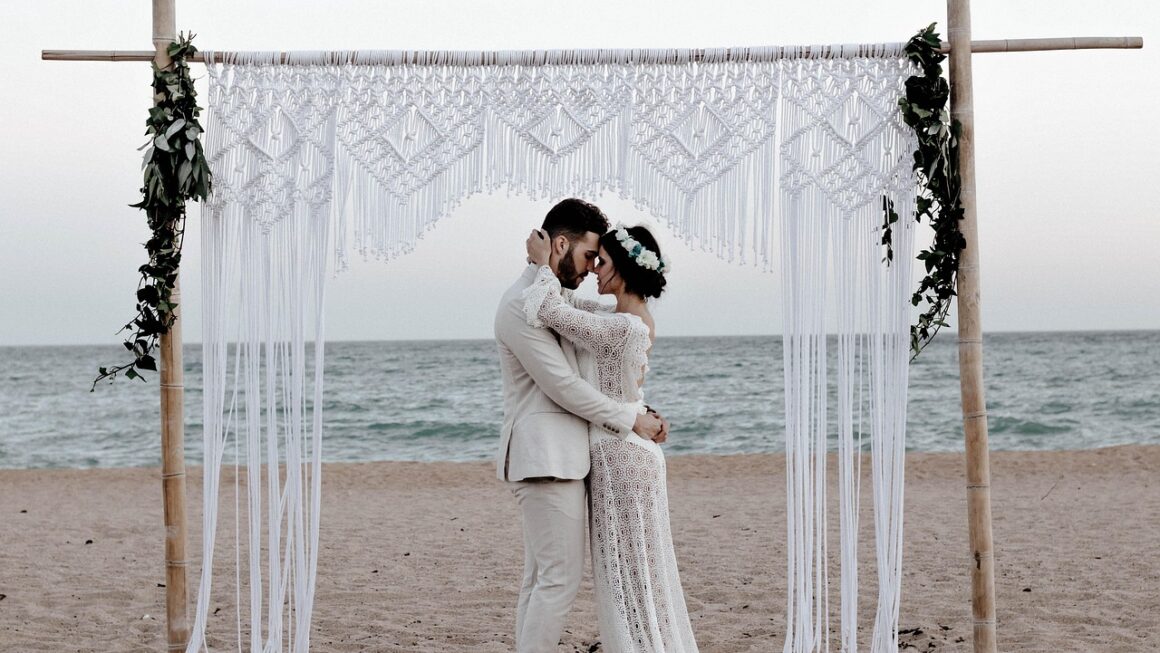Respect. It’s a fundamental cornerstone of any healthy and fulfilling relationship, whether it’s with a romantic partner, family member, friend, or colleague. But respect isn’t just about grand gestures; it’s woven into the everyday fabric of how we interact. It’s about valuing the other person’s thoughts, feelings, boundaries, and individuality. Without respect, relationships can crumble, leading to resentment, conflict, and ultimately, separation. This article delves into the nuances of respect in relationships, exploring its components, importance, and practical ways to cultivate it.
What Does Respect in a Relationship Really Mean?
Defining Respect Beyond the Dictionary
Respect goes beyond mere politeness or following social etiquette. It’s about recognizing and honoring the inherent worth of another person. It means treating them with dignity, even when you disagree. It’s acknowledging their perspectives and allowing them to be themselves without judgment. In a relationship, respect forms the bedrock for trust, communication, and emotional intimacy.
Key Components of Respect
- Active Listening: Truly hearing and understanding what your partner is saying, without interrupting or formulating your response while they’re still talking.
- Empathy: Putting yourself in your partner’s shoes and understanding their feelings, even if you don’t necessarily agree with them.
- Valuing Opinions: Acknowledging and considering your partner’s thoughts and perspectives, even if they differ from your own.
- Respecting Boundaries: Recognizing and honoring your partner’s physical, emotional, and mental limits.
- Trust: Believing in your partner’s honesty and integrity.
- Kindness and Consideration: Treating your partner with gentleness and thoughtfulness in your words and actions.
For example, imagine your partner is passionate about a hobby you don’t quite understand. Showing respect involves actively listening to them explain their enthusiasm, asking questions to learn more, and avoiding dismissive comments. It shows you value their interests, even if you don’t share them.
Why is Respect So Crucial?
Building a Foundation of Trust and Security
Respect creates a safe and secure environment within a relationship. When individuals feel respected, they are more likely to be vulnerable, open, and honest with their partner. This vulnerability fosters deeper trust and strengthens the emotional bond. When trust is present, there is a mutual feeling of security that allows the relationship to thrive.
Fostering Healthy Communication
Respectful communication is characterized by open and honest dialogue, where each person feels heard and understood. It involves active listening, empathy, and a willingness to consider different perspectives. When respect is lacking, communication can become defensive, accusatory, and ineffective.
- Benefits of Respectful Communication:
Reduces misunderstandings and conflicts.
Enhances problem-solving abilities.
Promotes emotional intimacy.
Strengthens the overall relationship.
Promoting Individual Growth and Well-being
Respect allows each person in the relationship to maintain their individuality and pursue their personal goals. It recognizes that each person is a unique individual with their own needs, desires, and aspirations. When respect is present, individuals feel supported in their personal growth and development. A relationship should not stifle individual dreams, but rather nourish them.
Signs of Disrespect in a Relationship
Recognizing Subtle and Overt Signs
Disrespect can manifest in various ways, some more obvious than others. Recognizing these signs is crucial for addressing them before they escalate.
- Overt Disrespect:
Verbal abuse (name-calling, insults, yelling).
Physical violence or threats of violence.
Controlling behavior (dictating what the other person can do or say).
Public humiliation or embarrassment.
- Subtle Disrespect:
Constant criticism or belittling comments.
Ignoring or dismissing the other person’s feelings.
Interrupting or talking over the other person.
Making decisions without consulting the other person.
Lack of empathy or understanding.
Disregarding boundaries.
The Impact of Disrespect
Disrespect erodes trust, fosters resentment, and creates a toxic environment. It can lead to feelings of low self-worth, anxiety, and depression. Over time, disrespect can severely damage the relationship and lead to its eventual demise. Studies show that couples who report high levels of disrespect are significantly more likely to experience conflict and ultimately separate.
Cultivating Respect: Practical Tips
Practicing Active Listening and Empathy
Active listening involves paying close attention to what your partner is saying, both verbally and nonverbally. It requires putting aside your own thoughts and feelings and truly trying to understand their perspective. Empathy involves stepping into their shoes and understanding their emotions, even if you don’t necessarily agree with them.
- Tips for Active Listening:
Maintain eye contact.
Nod your head to show you’re listening.
Ask clarifying questions.
Summarize what you’ve heard to ensure understanding.
Avoid interrupting or offering unsolicited advice.
Setting and Respecting Boundaries
Boundaries are essential for maintaining healthy relationships. They define what you are comfortable with and what you are not. Setting clear boundaries and respecting your partner’s boundaries is crucial for fostering mutual respect.
- Examples of Boundaries:
Emotional boundaries (e.g., not being responsible for your partner’s emotions).
Physical boundaries (e.g., needing personal space).
Time boundaries (e.g., dedicating time for personal interests).
Communication boundaries (e.g., not accepting verbal abuse).
Showing Appreciation and Gratitude
Expressing appreciation for your partner’s efforts and contributions strengthens the relationship and fosters a sense of value. Simple acts of gratitude, such as saying “thank you” or acknowledging their efforts, can go a long way in building respect.
- Ways to Show Appreciation:
Verbal affirmations (e.g., “I appreciate everything you do for me”).
Acts of service (e.g., helping with chores).
Gifts (thoughtful gestures that show you care).
Quality time (spending uninterrupted time together).
Physical touch (expressing affection).
Addressing Conflicts Respectfully
Conflict is inevitable in any relationship, but how you handle conflict can make or break the relationship. Addressing disagreements respectfully involves avoiding personal attacks, focusing on the issue at hand, and seeking mutually agreeable solutions.
- Tips for Respectful Conflict Resolution:
Stay calm and avoid raising your voice.
Use “I” statements to express your feelings (e.g., “I feel hurt when you…”).
Listen to your partner’s perspective without interrupting.
Focus on finding a solution that works for both of you.
Be willing to compromise.
Take a break if emotions are running high.
When to Seek Professional Help
Recognizing Patterns of Disrespect
If disrespect is a recurring theme in your relationship, and attempts to address it have been unsuccessful, seeking professional help may be necessary. A therapist can provide guidance and support in improving communication skills, setting healthy boundaries, and addressing underlying issues that contribute to disrespect.
The Role of Therapy
Therapy can provide a safe and neutral space for couples to explore their issues and develop strategies for building a more respectful and fulfilling relationship. A therapist can help couples identify patterns of disrespectful behavior, improve communication skills, and develop healthier coping mechanisms.
- Benefits of Therapy:
Improved communication skills.
Enhanced problem-solving abilities.
Increased empathy and understanding.
Stronger emotional bond.
* Healthier coping mechanisms.
Conclusion
Respect is the lifeblood of any thriving relationship. It’s about valuing your partner’s individuality, listening attentively, and treating them with kindness and consideration. By cultivating respect in your relationship, you build a foundation of trust, security, and open communication, paving the way for a long-lasting and fulfilling partnership. If you find yourself struggling with respect in your relationship, remember that seeking professional help is a sign of strength, not weakness. It demonstrates a commitment to building a healthier and more respectful relationship for both partners.




